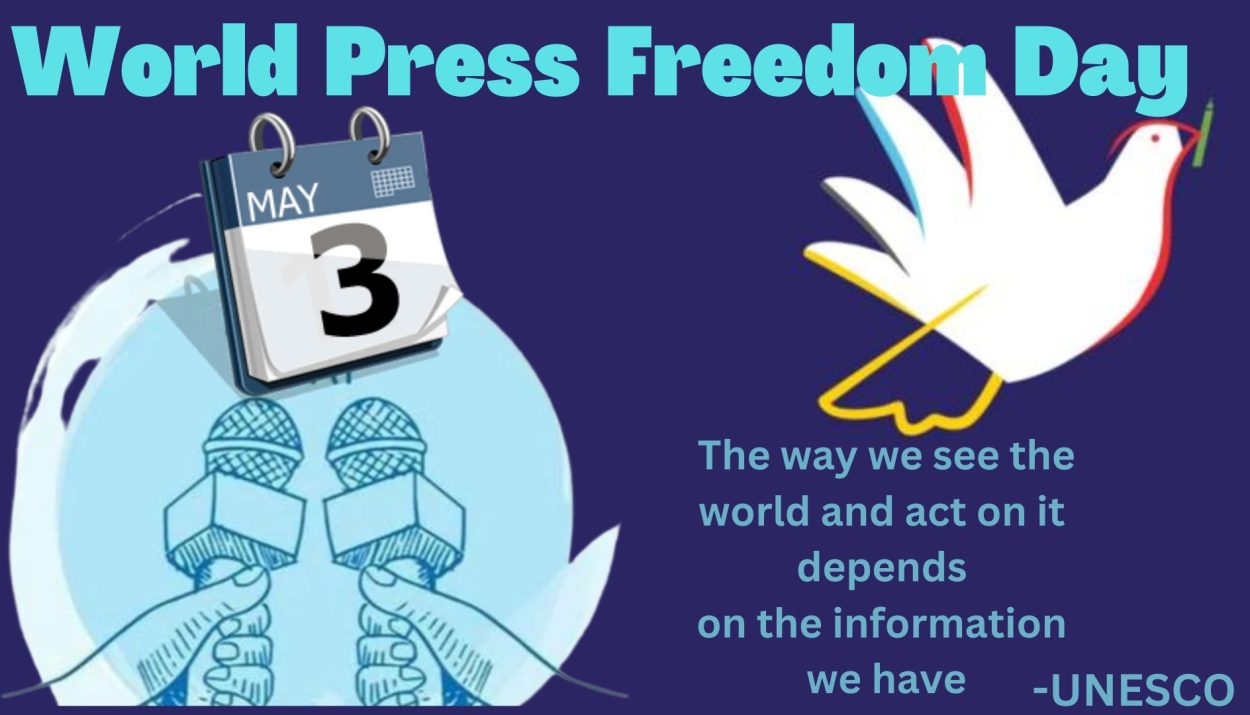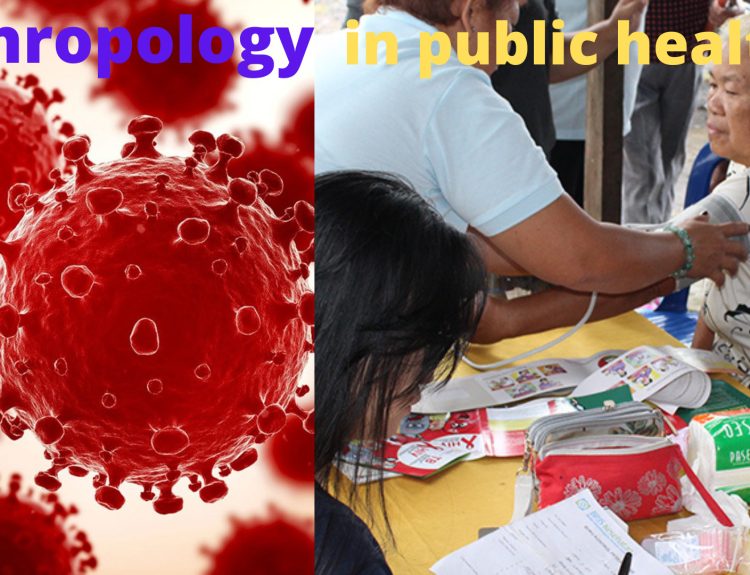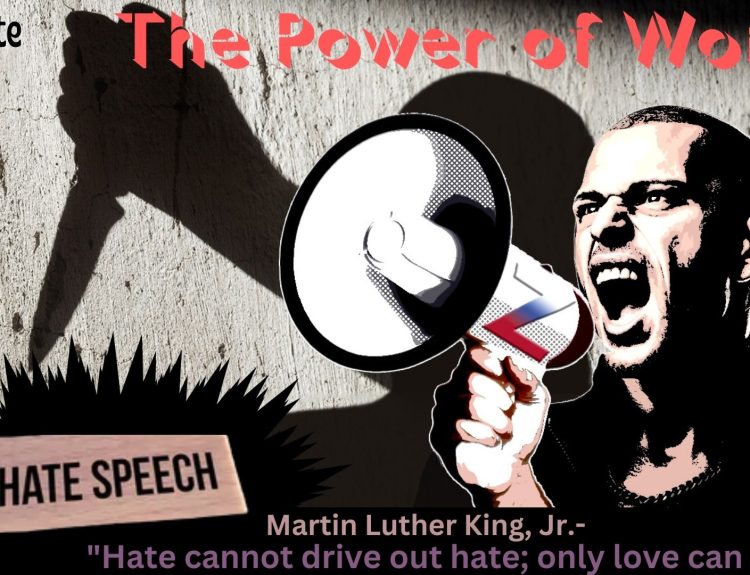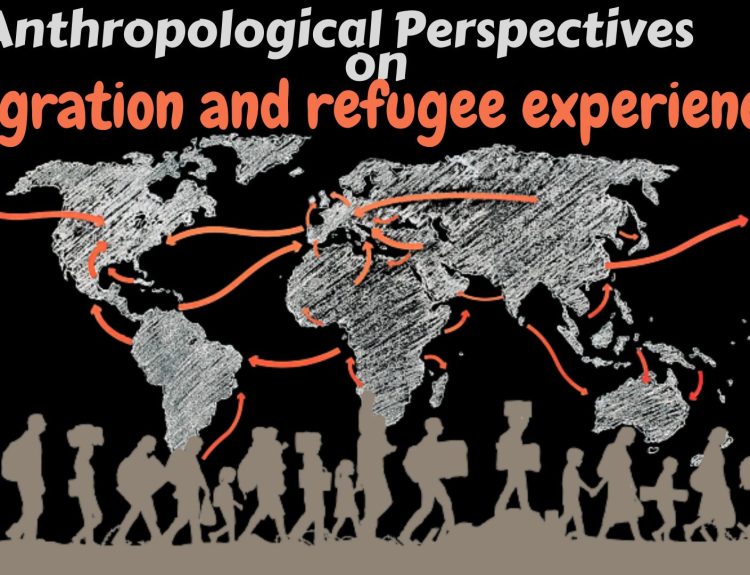On May 3rd, we celebrate World Press Freedom Day, a day that honours the fundamental principles of press freedom, defends the media from attacks on their independence and pays tribute to journalists who have lost their lives while reporting the news. This day was proclaimed by the United Nations General Assembly in 1993. Since then, it has been celebrated annually to raise awareness about the importance of press freedom and to remind governments of their duty to uphold the right to freedom of expression.
Article 19 of the Universal Declaration of Human Rights guarantees the right to freedom of expression. This year marks the 30th anniversary of the World Press Freedom Day’s special celebration.
Origin of the day
The decision to create this day was made in response to a call by African journalists who, in 1991, had issued the landmark Windhoek Declaration on press freedom and media pluralism. The Windhoek Declaration was the result of a UNESCO-organized seminar on promoting an independent and pluralistic press in Africa, held in the Namibian capital of Windhoek.

World Press Freedom Day was declared by the UN in 1993 to coincide with the adoption of the Windhoek Declaration on the same day. Following this declaration, UNESCO has been organizing international conferences to address and increase awareness about the most urgent issues related to press freedom.
Why is Press Freedom Important?
The importance of press freedom cannot be overstated. A free press plays a vital role in holding those in power accountable for their actions and in ensuring that the truth is brought to light. Without a free press, those in power would be free to act with impunity, without fear of being held responsible for their actions.
A free press also plays a critical role in informing voters and strengthening democracy. By providing citizens with accurate and unbiased information, a free press empowers voters to make informed decisions about the future of their countries. It also serves as a watchdog, keeping a close eye on those in power and ensuring that they act in their constituents’ best interests.
In short, a free press is essential to the functioning of a healthy democracy. Without it, citizens are left in the dark about the actions of their leaders, and the powerful are free to act with impunity. That is why it is so important to defend press freedom and to fight against efforts to restrict it. Only by doing so can we ensure that our democracies remain strong, vibrant, and accountable. Press freedom is the cornerstone of a free and democratic society.
The State of Press Freedom Around the World
Sadly, press freedom is under threat in many parts of the world. According to Reporters Without Borders, the world’s press freedom index has declined for the past five years. Reporters Without Borders (RSF), a non-governmental organization based in Paris, France, publishes an annual report known as the World Press Freedom Index. The report measures the state of press freedom in countries around the world, based on an evaluation of factors such as the political context, legal framework, economic context, sociocultural context and safety. Covering 180 countries and territories, the 2022 edition of the World Press Freedom Index emphasizes the catastrophic consequences of news and information disorder caused by an unregulated, global online information environment that promotes propaganda and false news.
Read- Deep Fakes: The Growing Threat of Artificially Generated Misinformation
Journalists face censorship, harassment, intimidation, and violence for reporting on sensitive topics such as corruption, human rights violations, and government abuses. Many countries have enacted laws that restrict freedom of expression and criminalize the work of journalists, activists, and whistle-blowers.
The Challenges of Independent Journalism Today
In addition to government censorship and repression, independent journalism is facing new challenges in the digital age. Social media platforms have become a dominant news source, and the spread of disinformation and fake news has undermined trust in traditional media. At the same time, the business models of traditional media outlets are under threat, as advertising revenues decline, and readership moves online. This has led to a crisis in the sustainability of independent journalism, which is essential for holding power to account and keeping the public informed.
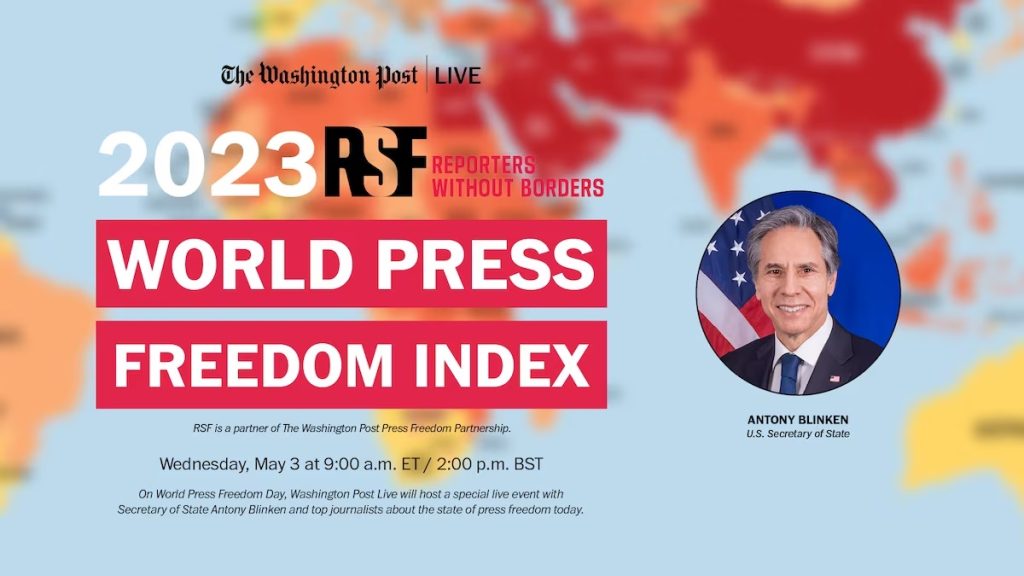
According to Reporters without Borders-
At the global level, the imbalance between free and open societies and oppressive regimes that manipulate their media and digital platforms to wage propaganda campaigns against democracies is eroding the strength of democratic systems.
For instance, China (ranked 175th), widely regarded as one of the most oppressive authoritarian regimes, employs a range of laws and regulations to restrict the movement of its citizens and isolate them from the outside world, particularly the people of Hong Kong. Press restrictions in the Middle East are still affecting the conflict among Israel (ranked 86th ), Palestine (ranked 170th ), and the Arab nations.
Defending Press Freedom and the Role of Society
To defend press freedom, we need a multi-stakeholder approach that involves journalists, media outlets, civil society, governments, and international organizations. Journalists must have the right to report on matters of public interest without fear of reprisal, and media outlets must have the resources and support to produce quality journalism. Civil society must defend press freedom and support independent media, while governments must uphold the right to freedom of expression and protect journalists from violence and persecution. International organizations can help by advocating for press freedom, providing training and support to journalists, and holding governments accountable for their actions.
In order to assist member countries in creating or enhancing measures for the prevention, protection, and legal action to bring justice to cases of journalists who are killed, UNESCO has launched numerous initiatives, including a worldwide strategy for the security of journalists. For the past 40 years, UNESCO’s International Programme for the Development of Communication (IPDC) has focused on targeting the most pressing issues concerning communication development around the world. It helps keep journalists safe, supports the development of media in countries where it is most needed and promotes freedom of expression and public access to information.
Freedom House is a US-based non-governmental organization that advocates for democracy, human rights, and press freedom around the world. Founded in 1941, it has since become one of the most respected and well-known organizations of its kind, dedicated to promoting freedom and democracy worldwide.
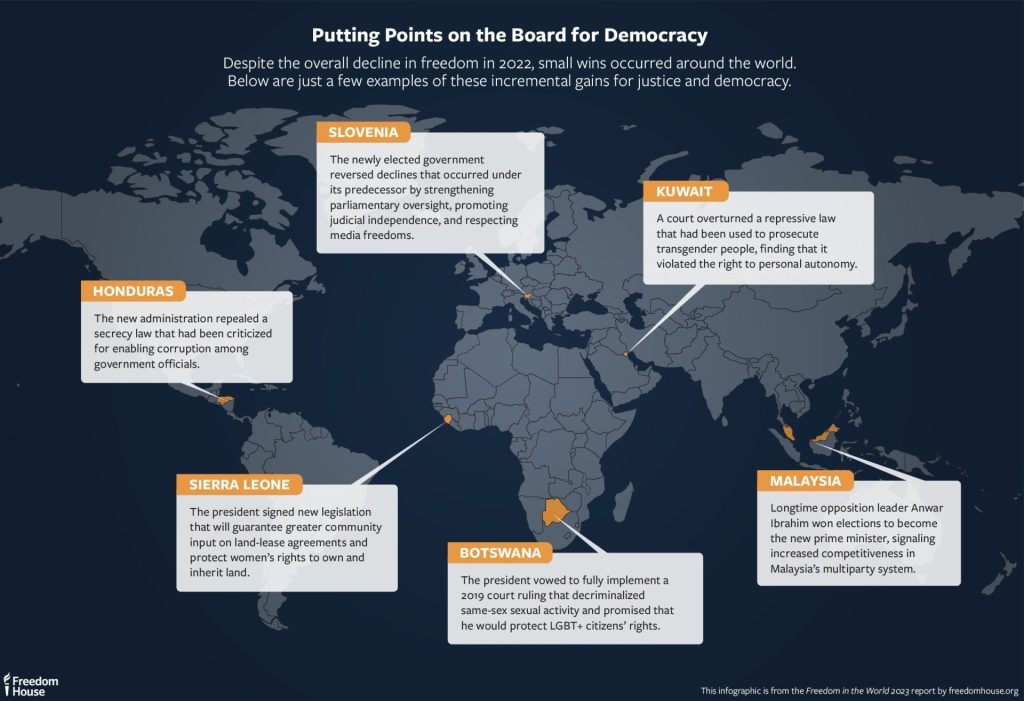
Conclusion
On this World Press Freedom Day, let us celebrate the work of journalists and media outlets who defend press freedom and the right to freedom of expression. Let us also remember those who have paid the ultimate price for reporting the truth, and call on governments to respect press freedom and protect the independence of the media. Only by defending press freedom can we defend democracy, human rights, and the truth.
Have any idea? Anthromania always welcome comments. Join our social media platform mentioned on the right corner of this site.
References
Shaping a Future of Rights: Freedom of Expression as a driver for all other human rights- UN
30th Anniversary of the Windhoek Declaration- UNESCO
RSF’s 2022 World Press Freedom Index : a new era of polarisation
Threats to freedom of press: Violence, disinformation & censorship- UNESCO
Why Is Freedom Of The Press Important in a Democracy?


